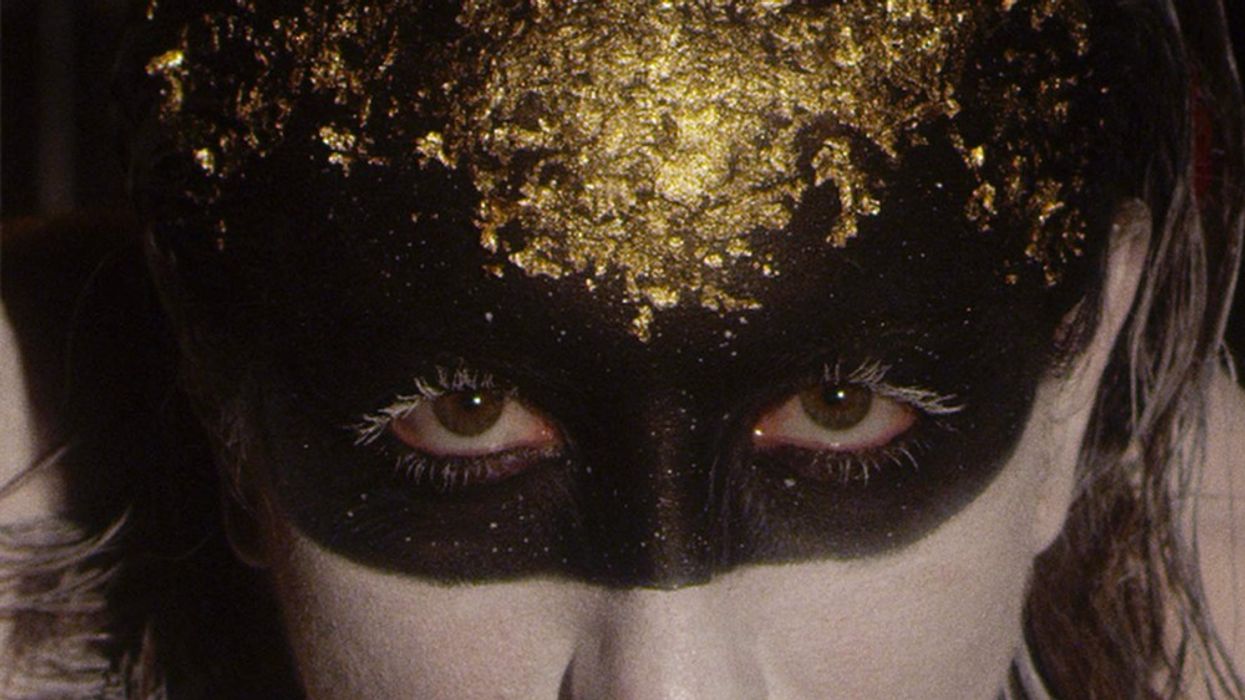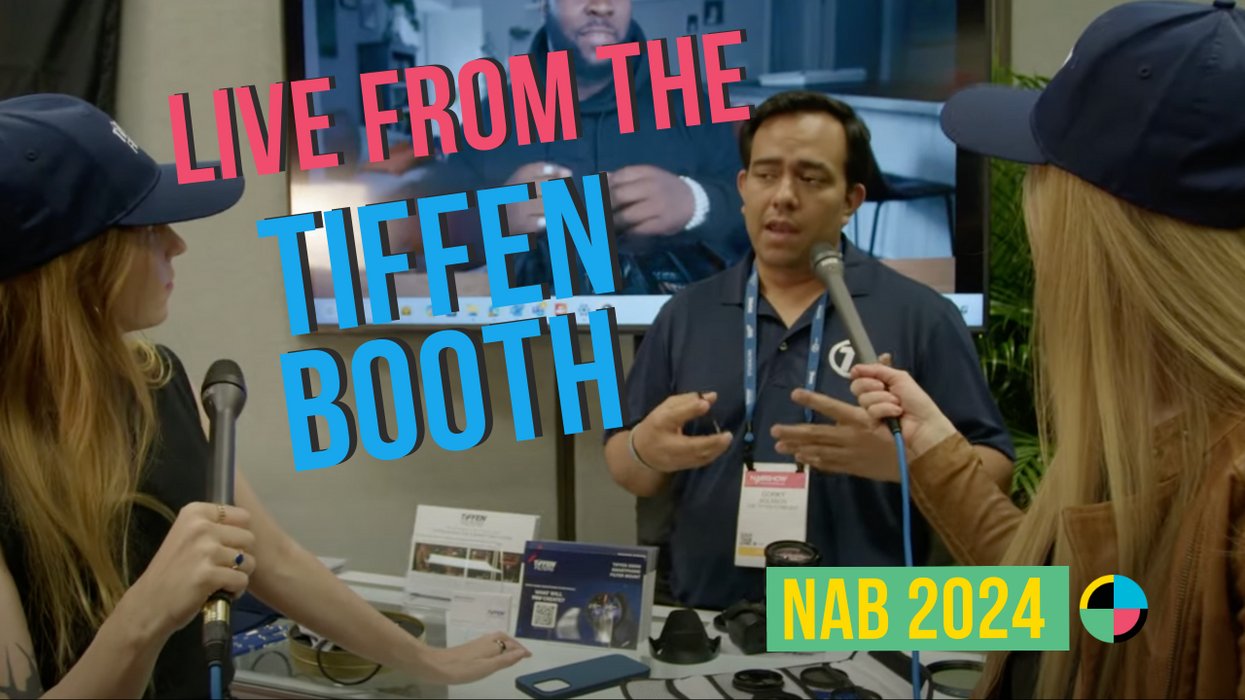How to Land Investors for Your No-Budget Film
This is how we shot our film with no money to start.

Written by: Matthew Pye
When my co-director Joshua Mitton and I set out to make our feature film concrete_savanna, we had no money. That’s not just a cute euphemism, we had no money! So as a producer, I knew I had no option but to leverage everything I possibly could, from locations, equipment, and everything under the sun.
Here's what we learned while making a no-budget feature on the weekends, and some tips to consider for making your own shoot successful.
Don’t let people read the script
The first piece of advice I could give, and this may seem to counter what most people say, is play it close to the chest. Sell them on the idea and get them on board with your vision instead.
In our case, we knew that if we presented a finished script to the cast and crew that they'd laugh in our faces—for a good reason. What we wanted to do would have seemed downright ridiculous with no money. So we withheld it from them, giving them sides and bite-sized bits leading up to each weekend shoot. This kept everyone excited and optimistic throughout the process.
Leverage what you can
We offered everyone involved with the film a percentage of ownership in the film, and what we found is that not only did this give everyone motivation to show up and give their best weekend after weekend, but it gave them a sense of pride in the project. It’s just as much their film as it is ours.
Throughout the years, making shorts, we met our cinematographers, Noah Beasley, Phivan Nguyen, and Rizal Buckingham. Phivan had just purchased a RED cinema camera, and he liked my shorts-work enough to sign onto the project, sight unseen.
So always make sure you put your best foot forward in everything you do, because you never know what relationships might come in handy.

No one in their right mind would’ve or should’ve given us money to make concrete_savanna. With unknown talent attached, a non-traditional production schedule, and no clear route to distribution—to say investing in the film was a risk would be an understatement.
What we did was, after each weekend shoot, we’d cut the scene together with other scenes into a sort of sizzle with music and the works. I sent that around to as many friends and family as I could. Because of the quality we were achieving, we eventually landed some investments. A thousand here, three thousand there.
It wasn’t much, but it kept the wheels moving.
Rewrite for your locations
Going into each new scene, we never knew what locations were possible, so we kept an open mind for changing up the sides and story to fit the locations we were able to secure. This mindset helped us be fluid and open to changes that actually made our story much stronger in the end.
Filmmaking is such a heavy medium that it usually doesn’t lend itself to intuitive thinking during production, but with a no-budget film, it might be the only time in your career that you really have a chance to be free and open. Use that to your advantage.

Be good at filmmaking
I know this seems like a given, and it is in no way meant to be confrontational, but you need to know your stuff. When it comes to creating a film, it's better to have more than a basic understanding of the filmmaking process.
It's not just the technical aspects you need to know, but you'll be managing talent, crew, and different workflows. If you've never shot a film before, start small, and then gradually build up to larger productions.
By the time I was ready to make concrete_savanna, I was a well-rounded filmmaker. I mixed sound, I operated the boom, I did sound design, color grading, and just about anything you can think of. The more you know, the better off you'll be when collaborating with creatives who are more schooled about a topic than you.
Never quit on distribution
Despite the odds, we went on to finish the film and entered it into every major film festival. We got rejected by every single one. This isn’t meant to be discouraging, but know it's competitive out there as filmmaking becomes democratized. Be sure your story has a point of view.
We eventually landed a sales agent by sending Vimeo screeners to every industry connection we had. He got us a wide distribution deal. We’re now streaming on all your favorite VOD platforms.
So if you don’t happen to get into the film festivals, there is light at the end of the tunnel.












